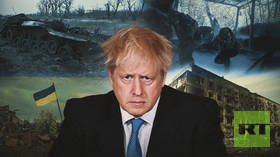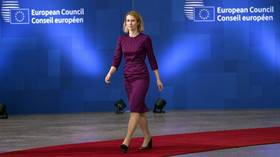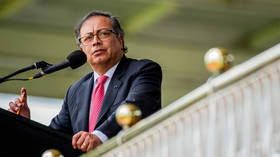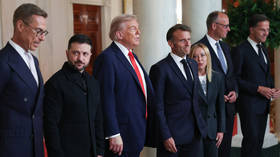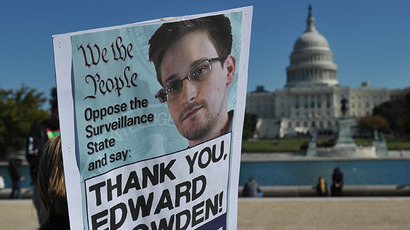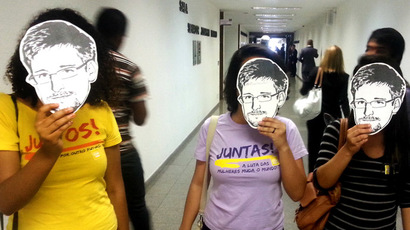NSA methods reminiscent of those used in USSR under Stalin – Lavrov
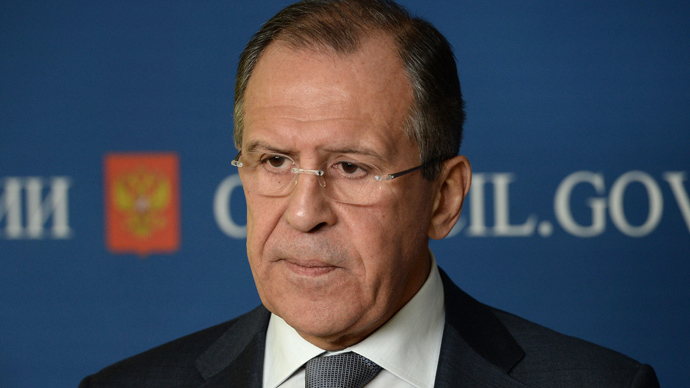
Russia’s Foreign Minister has compared the way NSA obtains permission for its surveillance with the way Soviet people received sentences in Stalin-era courts.
Sergey Lavrov said the judicial entities which gave permission for NSA surveillance reminded him of “troikas,” or extrajudicial bodies that existed in the Soviet Union during the Great Purge of 1937-38. They consisted of only three people who passed sentences very quickly, based on very scanty evidence.
"Without any control, they just dropped their signatures on inquiries the NSA representatives brought them,” Lavrov said, while speaking Wednesday at Russia’s upper house of parliament, the Federation Council, Interfax reported.
Sergey Lavrov has spoken of the NSA activity as of “unlimited and uncontrolled” intervention into private lives. “It is necessary to draw a distinctive borderline between what law enforcement agencies really need for carrying out their work, for protecting citizens, and what appears to be intrusion into private life without any limits and control. And it’s exactly the latter, as far as I understand, which took place in the case with the American NSA,” Lavrov said.
Russia’s Foreign Minister reminded of the Monday ruling by a federal court judge in Washington, DC according to which the US’s National Security Agency’s controversial practice of routinely collecting the telephone records of millions of Americans could turn out to be unconstitutional.
Lavrov has promised to lobby for an international condemnation of the practice.
“We are going to press for all members of the OSCE to work out a political commitment to protecting the right to a private life,” he said.
Lavrov made his comments on the NSA the same day investigative journalist Glenn Greenwald gave his testimony to the European Parliament’s Committee on Civil Liberties and Home Affairs, answering their questions on the NSA’s surveillance on EU citizens.
Greenwald, a former Guardian journalist who published Edward Snowden’s leaks, accused the EU leaders of an inadequate response to the revelations of mass surveillance being carried out by US intelligence.
Lavrov said he would like to see more control not only over what intelligence agencies do, but also over what appears on the internet. He urged for an international effort to prevent content promoting extremism and child pornography getting online.
“Our Western colleagues have strongly opposed any kind of transparent, understandable mechanisms to create an intergovernmental body to provide control over abusive content on the internet,” Lavrov was cited as saying by RIA Novosti.



